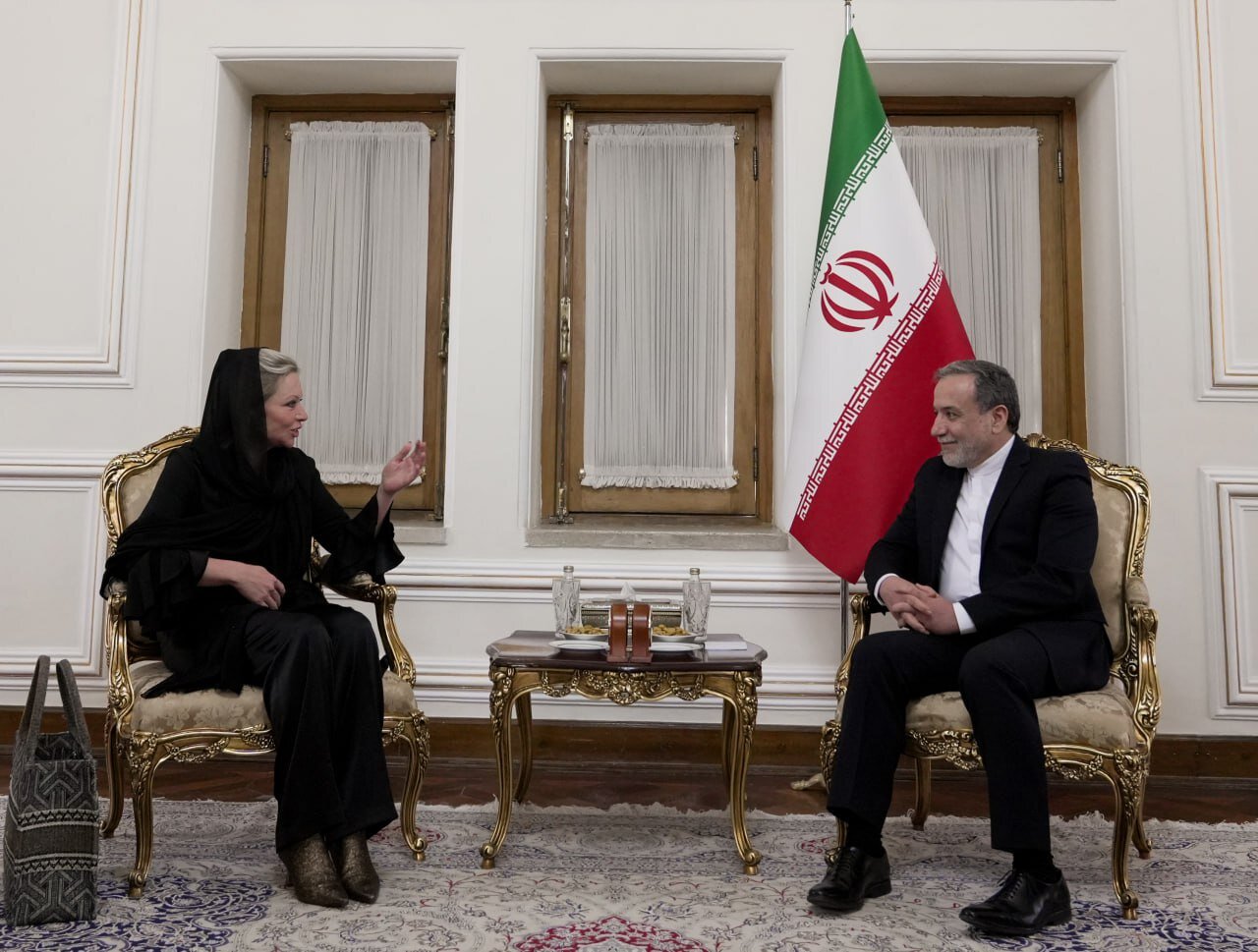Tehran urges UN action against Israel’s violations in Lebanon

TEHRAN – The United Nations Special Coordinator for Lebanon, Jeanine Hennis-Plasschaert, met with Iranian Foreign Minister Abbas Araghchi in Tehran on Tuesday to discuss the latest political and security developments in Lebanon.
The meeting was part of Hennis-Plasschaert’s broader regional consultations aimed at addressing ongoing challenges in Lebanon and ensuring international cooperation for stability in the country.
During the talks, Foreign Minister Araghchi reaffirmed Iran’s steadfast commitment to supporting Lebanon’s government, people, and resistance forces.
He welcomed the country’s recent political progress, particularly the successful election of a new president, which was achieved through a national consensus and inclusive political process. Araghchi stressed that maintaining national unity would be crucial as Lebanon moves toward forming a new government.
Addressing Lebanon’s security challenges, Araghchi compared the current situation in Lebanon and Hezbollah to the aftermath of the 2006 war between Israel and Hezbollah. He noted Israel’s continuing its aggressive policies in the region, stating that despite ongoing attacks and violations, Hezbollah remains a resilient and influential force in Lebanon’s political and military landscape.
He also condemned Israel’s repeated ceasefire violations, warning that these provocations pose a serious threat to regional stability.
The Iranian Foreign Minister urged the United Nations to take stronger action by pressuring Israel to cease hostilities, withdraw from occupied Lebanese territories, and allow the unhindered delivery of humanitarian aid to displaced civilians. He also emphasized the need for accelerated efforts in rebuilding war-affected areas, ensuring that Lebanon can recover from the destruction caused by past conflicts.
In response, Jeanine Hennis-Plasschaert provided insights from her recent diplomatic engagements, both at the regional and international levels. She acknowledged the complex security and political landscape in Lebanon and underscored Iran’s influential role in maintaining stability. The UN official also expressed appreciation for Tehran’s continued efforts in facilitating dialogue and supporting Lebanon’s recovery process.
Hennis-Plasschaert voiced hope that all parties would remain committed to the ceasefire agreement, paving the way for long-term peace, security, and reconstruction efforts in Lebanon. She emphasized the need for international cooperation in delivering humanitarian aid, supporting displaced communities, and ensuring that post-war reconstruction efforts proceed without delays.
Israel and Hezbollah agreed in November to a ceasefire mediated by France and the United States, bringing an end to more than a year of fighting.
Under the deal, Israeli forces were to withdraw from Lebanon and Hezbollah forces were to withdraw from southern Lebanon over a 60-day period.
Thousands of Lebanese have returned to their homes in the south since November 27. In the hours after the ceasefire came into effect, tens of thousands of people headed south and visited their lands and homes.
On the day Israeli forces were due to withdraw under the ceasefire deal, Lebanese health officials reported that the Israeli army killed at least 15 people in the south.
At least 83 people were also wounded as the Israeli army opened fire when people tried to return to their homes, Lebanon’s Ministry of Public Health said in a statement.
